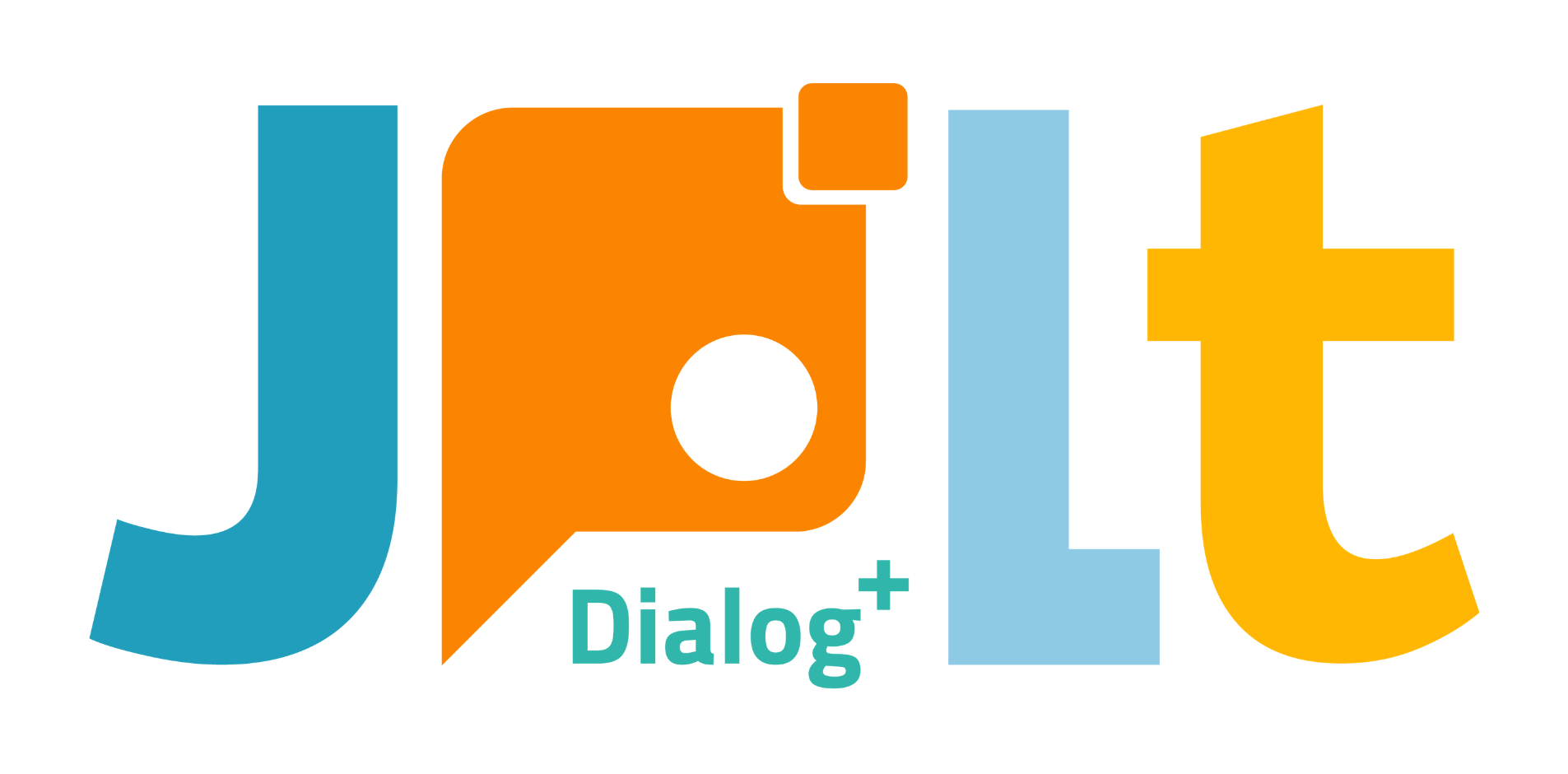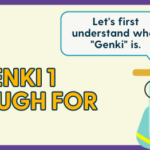Understanding the Difference Between “いいです” (ii desu) and “大丈夫です” (daijōbu desu) in Japanese
Are you confused about when to use “いいです” (ii desu) and “大丈夫です” (daijōbu desu)? While both phrases can be translated as “yes” or “it’s fine,” they have distinct uses and connotations. In this article, Eri from JPLT Online Japanese Language School clarifies these differences with practical examples to help you use them correctly.
Key Differences Between “いいです” (ii desu) and “大丈夫です” (daijōbu desu)
Both “いいです” (ii desu) and “大丈夫です” (daijōbu desu) express affirmation or acceptance, but they are used in different contexts:
- いいです (ii desu): This phrase is typically used to agree with or accept suggestions, offers, or requests.
- Example:
- Person A: “Would you like some tea?” (お茶はいかがですか? – Ocha wa ikaga desu ka?)
- Person B: “Yes, that’s fine.” (はい、いいです。 – Hai, ii desu.)
- Example:
- 大丈夫です (daijōbu desu): This expression is used to reassure someone or respond to their concern or apology, indicating that everything is okay.
- Example:
- Person A: “Are you feeling okay?” (大丈夫ですか? – Daijōbu desu ka?)
- Person B: “Yes, I’m fine.” (はい、大丈夫です。 – Hai, daijōbu desu.)
- Example:
Comparison with Examples
| Term | Example | Nuance |
|---|---|---|
| いいです (ii desu) | A: “Shall I help you?” (手伝いましょうか? – Tetsudaimashō ka?) B: “No, that’s fine, thank you.” (いいです、ありがとうございます。 – Ii desu, arigatō gozaimasu.) | Politely declining an offer with gratitude. |
| 大丈夫です (daijōbu desu) | A: “You look unwell. Are you okay?” (具合が悪そうですね。大丈夫ですか? – Guai ga warusō desu ne. Daijōbu desu ka?) B: “Yes, I’m fine.” (はい、大丈夫です。 – Hai, daijōbu desu.) | Reassuring someone who is concerned. |
| いいです (ii desu) | A: “I’ll borrow this book.” (この本を借りるね。 – Kono hon o kariru ne.) B: “Yes, that’s fine.” (はい、いいです。 – Hai, ii desu.) | Giving permission for a request. |
| 大丈夫です (daijōbu desu) | A: “Sorry for being late.” (遅れてすみません。 – Okurete sumimasen.) B: “No problem, it’s fine.” (大丈夫です。 – Daijōbu desu.) | Reassuring someone who has apologized. |
Detailed Explanation
- いいです (ii desu): Used to positively respond to suggestions, requests, or offers. It conveys that you are okay with what is proposed or that you agree with the suggestion.
- 大丈夫です (daijōbu desu): Used to reassure someone or respond to their concern or apology. It indicates that everything is alright or that you are okay.
Summary
Although “いいです” (ii desu) and “大丈夫です” (daijōbu desu) can both be translated as “yes” or “fine,” they have distinct uses:
- いいです (ii desu): To agree with or accept a suggestion or offer.
- 大丈夫です (daijōbu desu): To reassure someone about a concern or an apology.
Choosing the Right Expression
- Use いいです (ii desu) when you want to affirmatively respond to suggestions or offers.
- Use 大丈夫です (daijōbu desu) when you need to reassure someone or respond to their concern or apology.
Other Expressions
- いいです (ii desu): 結構です (kekkō desu – It’s okay), 大丈夫ですよ (daijōbu desu yo – It’s fine)
- 大丈夫です (daijōbu desu): 心配ありません (shinpai arimasen – No worries), 問題ありません (mondai arimasen – No problem)
Common Mistakes
- Confusing “いいです” (ii desu) and “大丈夫です” (daijōbu desu) as entirely interchangeable. Each has specific contexts where it is appropriate.
- Believing that either term can be used in all situations without regard to the context.
Final Thoughts
Understanding the differences between “いいです” (ii desu) and “大丈夫です” (daijōbu desu) will enhance your ability to communicate more naturally in Japanese. If you’re still unsure about using these phrases, JPLT Online Japanese School can provide you with expert guidance. Our native teachers are here to help you master Japanese and navigate its nuances.



